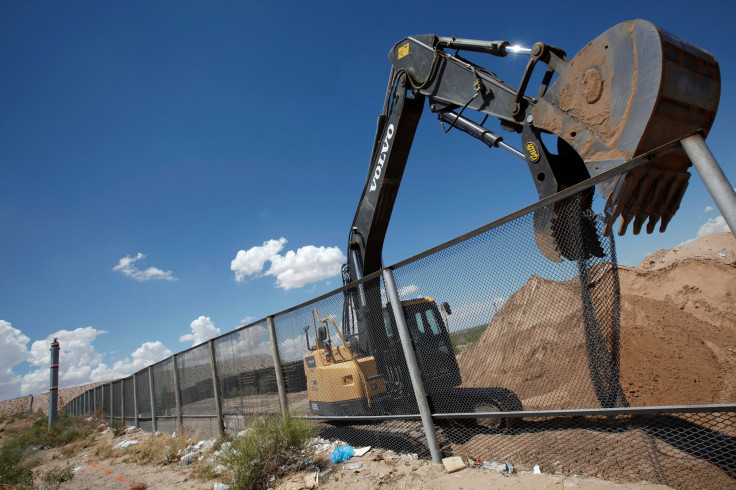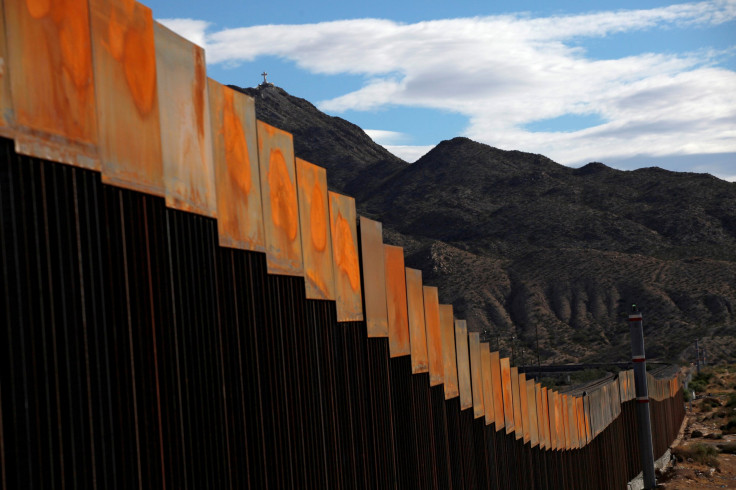How Much Will The Wall Cost? Each American Household Will Be Forced To Pay $120 Or More For Trump's Project

President Donald Trump is embarking on his key campaign promise – a "big, beautiful wall" along the U.S.-Mexico border – through a series of executive orders focusing on national security and immigration as early as Friday. Those presidential demands will appropriate funding for the domestic project, slated to cost anywhere from $12 to $15 billion or more.
Instead of holding true to the president’s vow along the campaign trail that the Mexican government would foot the bill, however, it seems U.S. taxpayers will pay for Trump's construction project, as Mexican officials and opposition to the border wall have long-warned. If the wall does, in fact, end up costing nearly $15 billion, that would mean each American household would be forced to pay a minimum of $120 for the wall to be built, according to the Committee for a Responsible Federal Budget.
"Of course, that doesn’t count interest," Patrick Newton, press secretary for the committee, said in an email to International Business Times. Meanwhile, the total price for the wall could continue to soar, should the border wall require maintenance, additional security and removal of already-existing security measures, like walls and fences previously built along the border in states like Texas, California and Arizona.

The problem with Trump’s costly project is that it will do little to deter illegal immigration and the shipment of drugs through the border into the U.S., experts warn. Some of Trump's closest advisors have even been warning a wall isn’t the end-all answer to the drug trafficking crisis along the U.S.-Mexico border, including the president’s Homeland Security secretary John F. Kelly.
"If you build a wall, you would still have to back that wall up with patrolling by human beings, by sensors, by observation devices," Kelly said during his confirmation hearing to Arizona Sen. John McCain. Instead, the secretary said he felt the U.S. could better defend its border by focusing on cooperating with South American countries with ties to drug trafficking into the country.
"I believe the defense of the southwest border starts 1,500 miles south and that is partnering with great countries as far south as Peru who are very cooperative with us in terms of getting after the drug production transport," he continued.
Congressional Republicans, typically known to reject costly spending projects their Democratic colleagues put forth, have warmly embraced Trump’s wall, vowing to pass a budget with funding appropriated for POTUS’ project. They seem less interested in his administration’s idea to tax all Mexican exports into the U.S. with a 20 percent border tariff – a move that could jeopardize six million U.S. jobs and launch an unprecedented trade war between the neighboring allies.
© Copyright IBTimes 2024. All rights reserved.






















